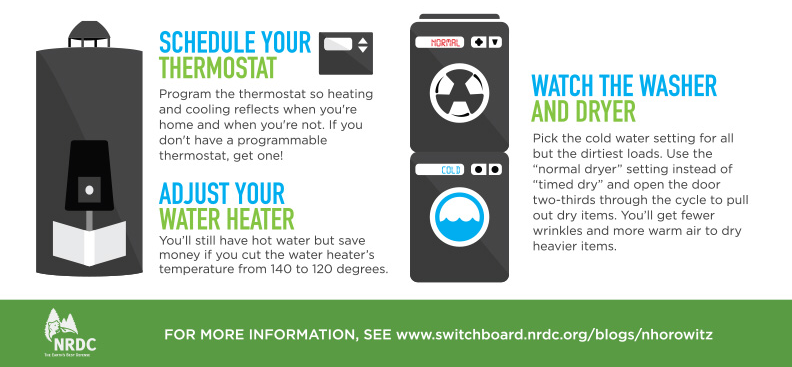Episode 110: Default settings make things easy, but do they save us the most energy?

On this week’s Energy Bite, Gabrielle Wong-Parodi, a scientist at Carnegie Mellon University, discusses the energy efficiency of our appliances’ default settings.
Listen
Respond
Learn more
Allcott, H., & Mullainathan, S. (2010). Behavioral science and energy policy. Science, 327(5970), 1204-1205.
McCalley, L. T. (2006). From motivation and cognition theories to everyday applications and back again: the case of product-integrated information and feedback. Energy policy, 34(2), 129-137.
Marc Mosko, Victoria Bellotti, “Smart Conservation for the Lazy Consumer: People aren’t conserving energy for love or money—you have to trick them into it,” 28 Jun 2012.
James Pierce, Diane J. Schiano,1, Eric Paulos, “Home, Habits, and Energy: Examining Domestic Interactions and Energy Consumption,”Proceedings of the 28th International Conference on Human Factors in Computing Systems (April 2010).
“Appliances and electronics tips: Looking for ways to save money on your energy bill?” from We Energies
Transcript
HOST: Automatically using the default setting on electronics can be pretty easy. But do those settings save us the most energy? On this week’s Energy Bite, Gabrielle Wong-Parodi, a scientist at Carnegie Mellon University, has some answers.
WONG-PARODI: A review at MIT and Harvard found that a lot of our default settings for appliances are not the most efficient from an energy standpoint. For example, a study at the Technical University in the Netherlands found that removing default temperature settings from washing machines was found to reduce energy usage by 24% as users set lower washing temperatures. There is a great deal of research in this area that tells us that most people keep the default option.
HOST: What actions could be taken to change the default settings so they are more energy efficient?
 Energy Bite
Energy Bite 
